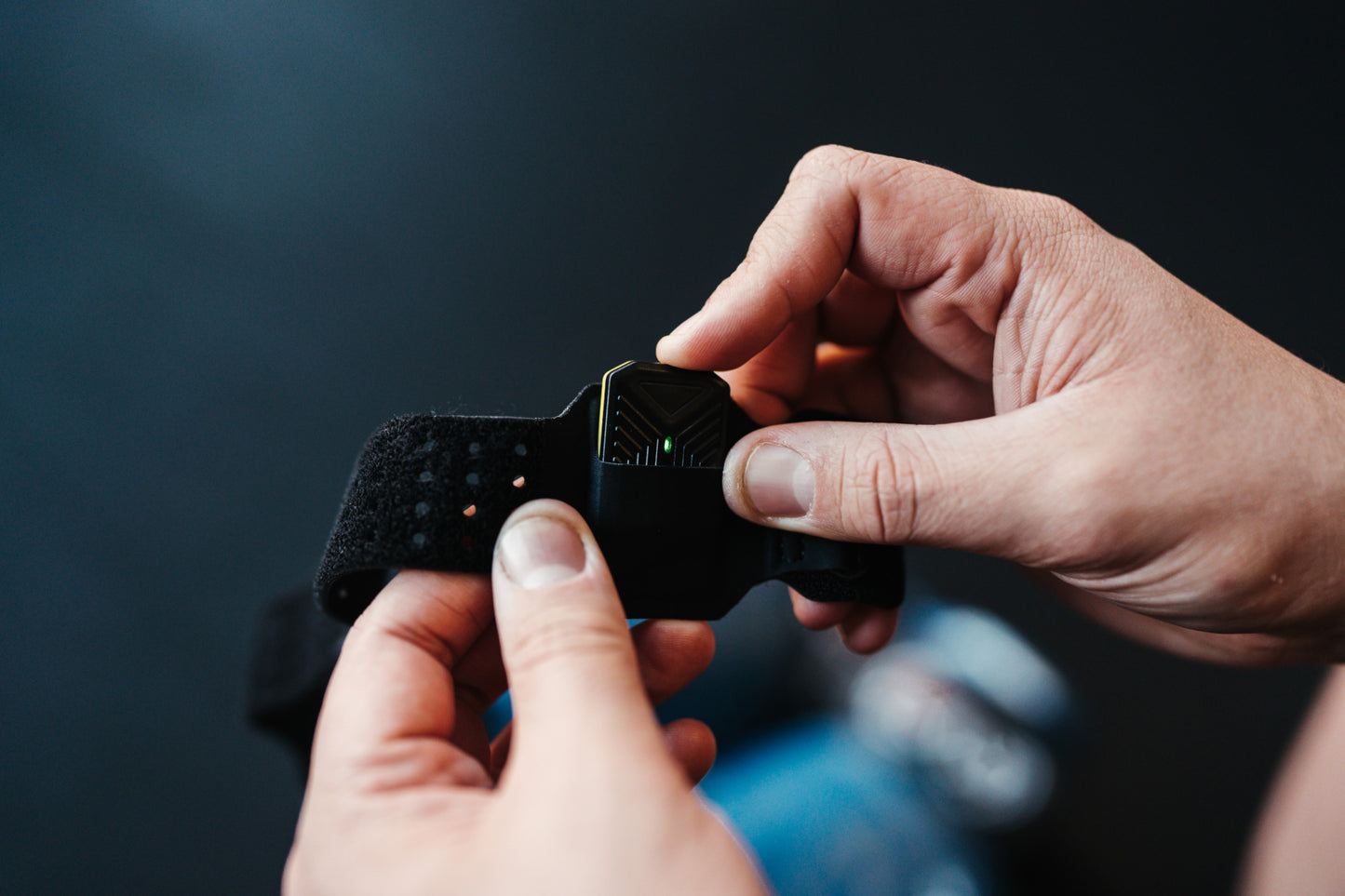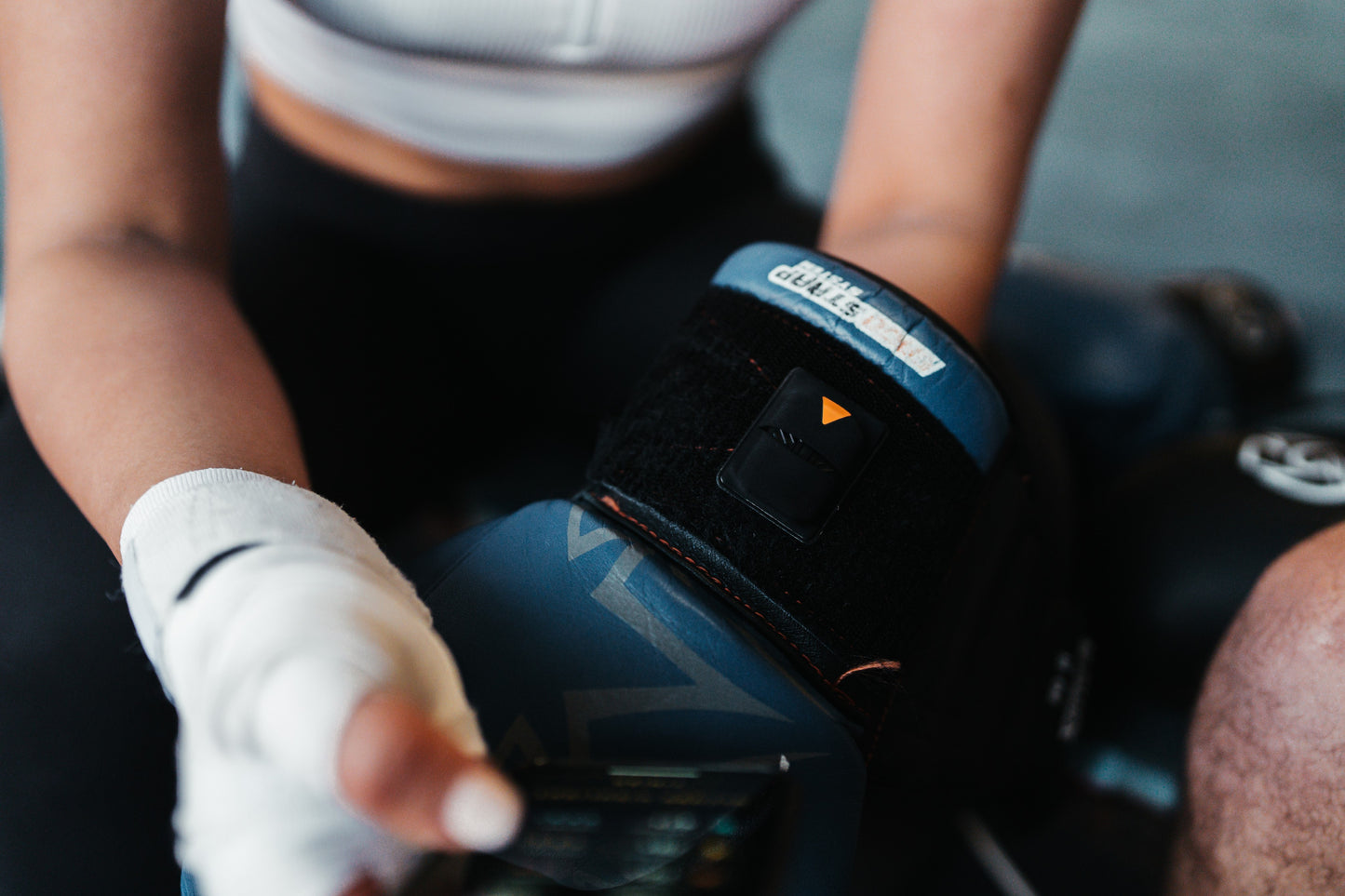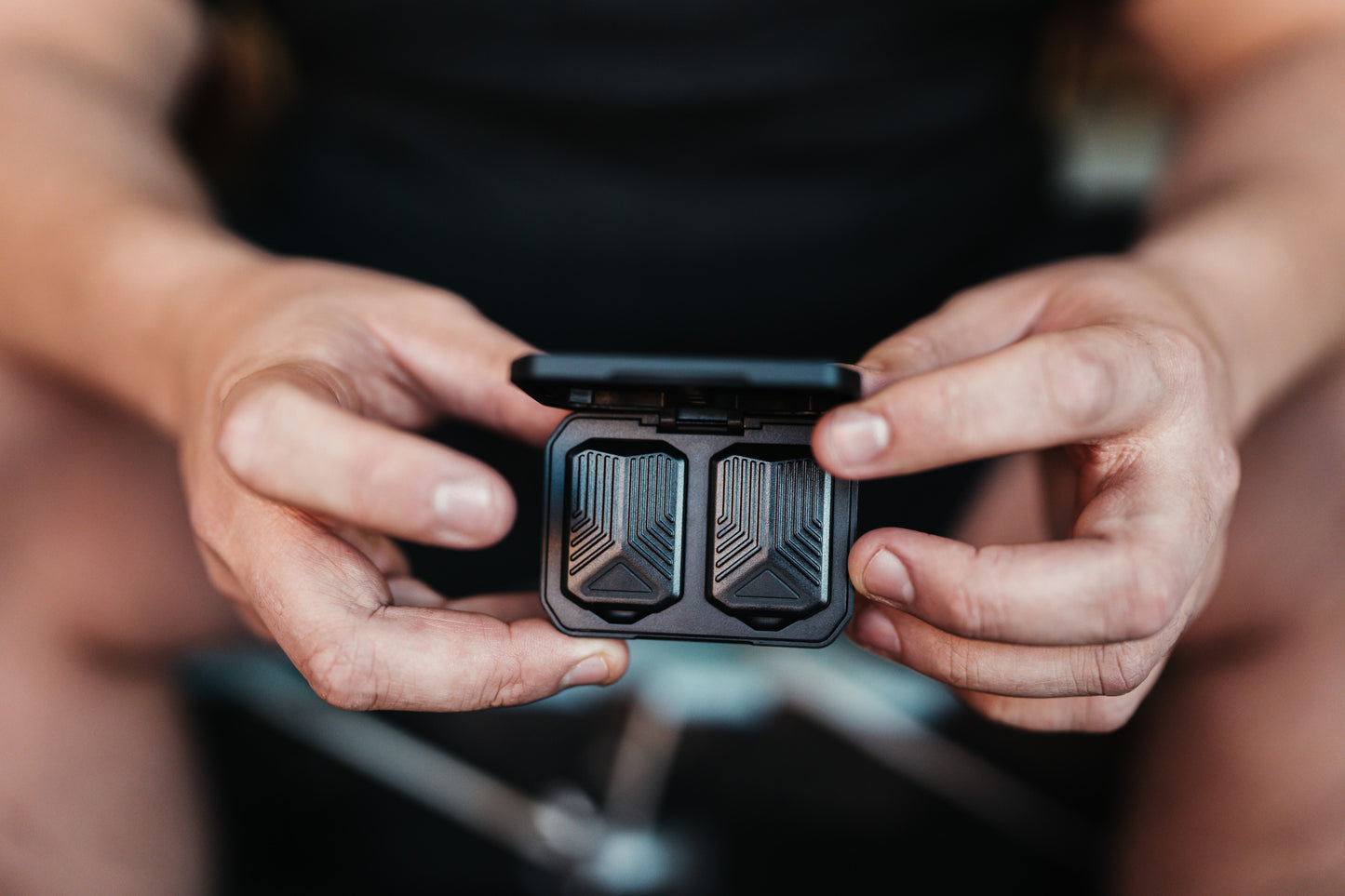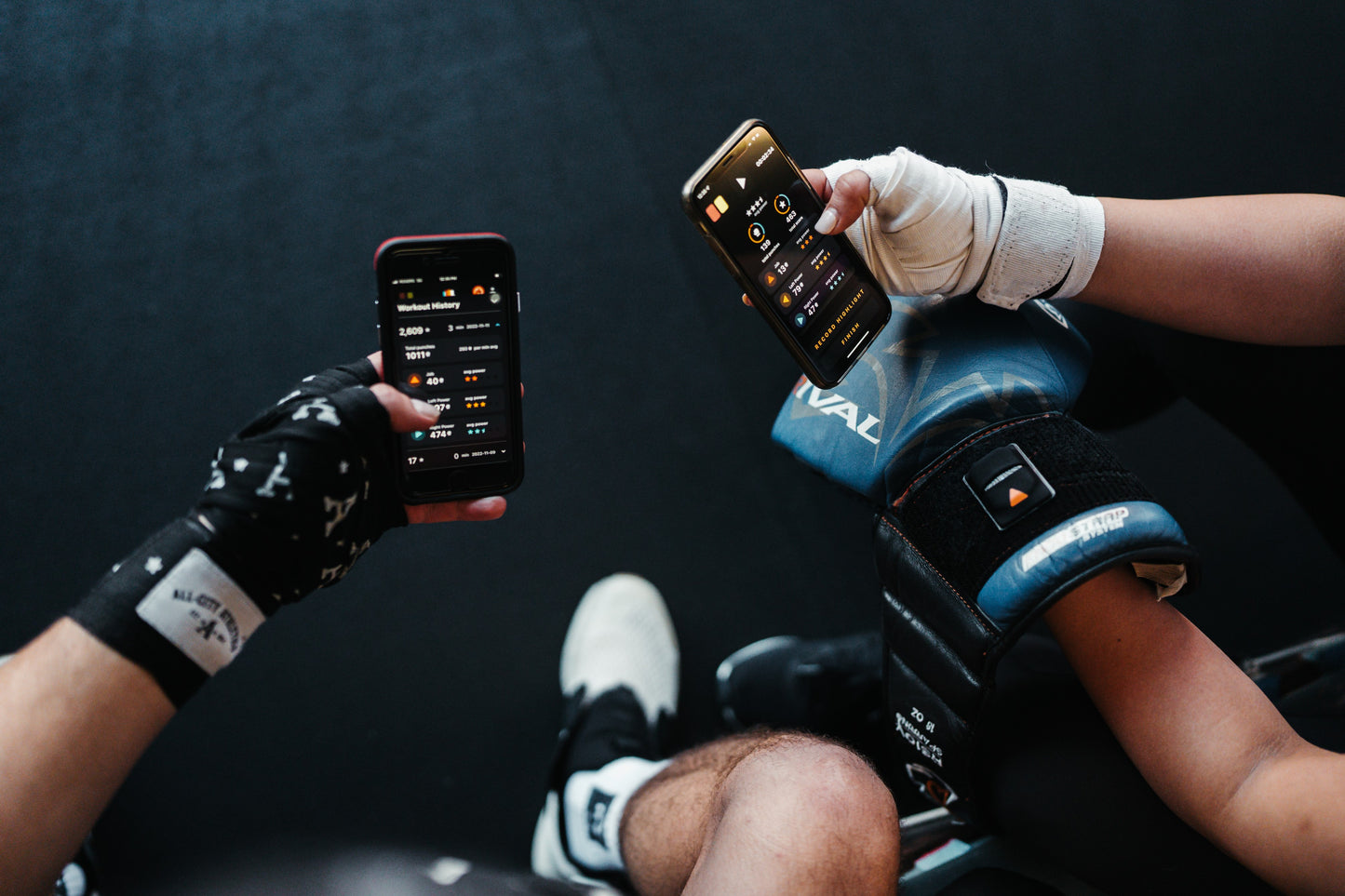Why Rest Matters in Boxing
In the high-impact, high-intensity world of competetive boxing, your body undergoes rigorous demands. Punching bags, shadow boxing, sparring, and conditioning workouts all contribute to your growth as a boxer but also to your body's wear and tear. Here's why rest is not just beneficial but essential:
- Muscle Repair and Growth: Intense training causes microscopic tears in muscle fibers. Rest days allow these tears to heal, leading to stronger and larger muscles.
- Injury Prevention: Overtraining without adequate rest increases the risk of injuries, which can sideline your training. Allowing time for recovery reduces this risk.
- Improved Performance: Fatigue affects your speed, power, and technique. Regular rest helps maintain high performance levels during your training sessions.
- Mental Health: Rest days can prevent burnout and keep your motivation high, contributing positively to your mental and emotional well-being.

Beginner Strategies for Effective Rest and Recovery
1. Schedule Regular Rest Days
Incorporate at least one to two full rest days per week into your training schedule. These days are crucial for physical and mental recovery, ensuring you return to training refreshed and ready.
2. Sleep is Key
Aim for 7-9 hours of quality sleep nightly. Sleep is when your body undergoes the most significant recovery, repairing muscles, and consolidating memory, including muscle memory from your training.
3. Active Recovery
Active recovery involves low-intensity exercise, like walking, yoga, or light cycling, which can help maintain mobility and promote muscle recovery without overexertion.

4. Hydration and Nutrition
Fueling your body with the right nutrients and staying hydrated are vital for recovery. Focus on a balanced diet rich in proteins, carbohydrates, fats, and micronutrients to support muscle repair and energy replenishment.

5. Listen to Your Body
Pay attention to signs of fatigue, soreness, or emotional exhaustion. Adjusting your training intensity or taking an extra rest day when needed can prevent overtraining and injuries.
6. Incorporate Recovery Techniques
Techniques such as stretching, foam rolling, and massage can enhance your recovery by improving flexibility, reducing muscle soreness, and increasing blood flow to your muscles.
Conclusion
For beginners, the enthusiasm to train hard every day is understandable, but boxing is a marathon, not a sprint. Building your boxing skills, strength, and endurance takes time and patience, with rest and recovery being integral to this process. By implementing the strategies outlined above, you not only improve your short-term performance but also set the foundation for long-term success in the ring.
Remember, in the art of boxing, every punch thrown in training, every round sparred, and every drop of sweat counts. But so does every hour of rest and every night of good sleep. Embrace rest and recovery as critical components of your training regimen, and watch as it transforms your performance, health, and well-being in and out of the ring.
Follow us on Instagram and let us know your thoughts @powaboxing














